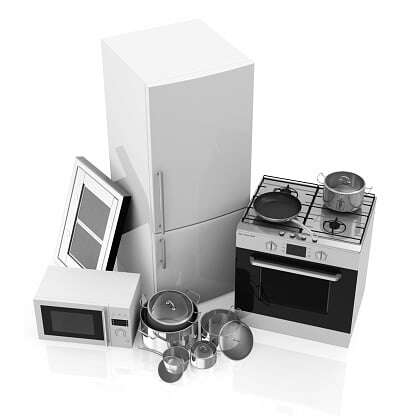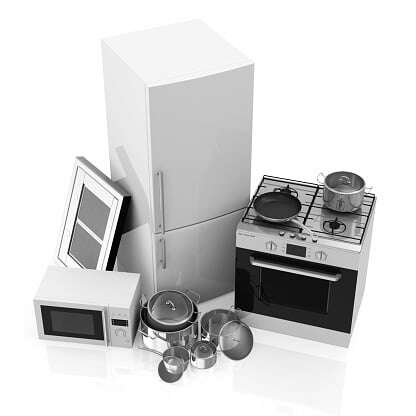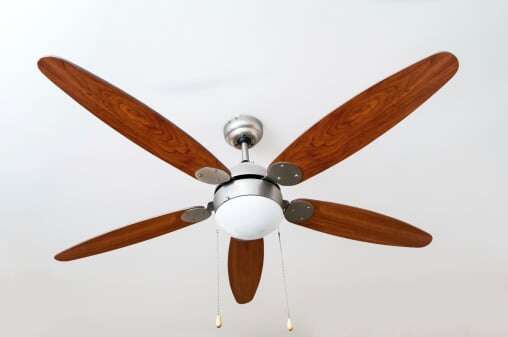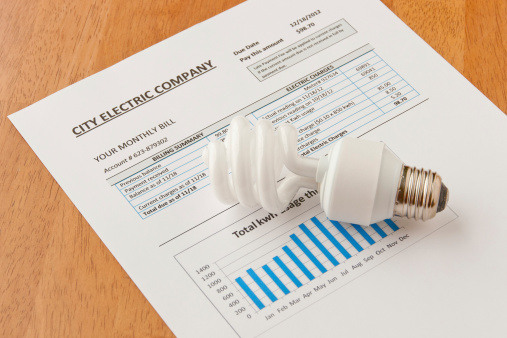 Summer 2015 has been a scorcher for Californians – and we're not just talking about the heat. You also might be feeling a little burned by your electric bill, even if you've been following the recommendation of California's Consumer Energy Center
by setting your thermostat to 78 degrees while you're home and 85 degrees while you're away. The upshot here is based on math done by the U.S. Department of Energy – that you'll save between 1 and 3 percent for each degree you set your thermostat above 72 degrees.
Summer 2015 has been a scorcher for Californians – and we're not just talking about the heat. You also might be feeling a little burned by your electric bill, even if you've been following the recommendation of California's Consumer Energy Center
by setting your thermostat to 78 degrees while you're home and 85 degrees while you're away. The upshot here is based on math done by the U.S. Department of Energy – that you'll save between 1 and 3 percent for each degree you set your thermostat above 72 degrees.
Since cooling your home accounts for between 17 and 20 percent of your energy bill, such practical tips may have helped you keep your cool over your electricity bill this summer.
If you’re looking for more money-saving tips, your kitchen appliances probably account for about 13 to 15 percent of your energy bill, very close to what you spend on lighting.
Let’s look at the “big three” kitchen appliances: the refrigerator-freezer (the biggest energy guzzler in the kitchen); the stove and oven (though yours might be gas, we've included it anyway); and the dishwasher. Enact these tips today and watch your trepidation over your electric bill melt away.
Money-saving refrigerator-freezer tips
- Position your refrigerator out of direct sunlight and away from heat-producing sources such as the oven and dishwasher. If you can't relocate your refrigerator, at least block the sun by closing a nearby window treatment.
- Allow air to circulate around the refrigerator and the condenser coils by leaving at least a 2-inch gap between it and the wall; don't jam the refrigerator into a tight space.
- Slide the refrigerator out and clean the rear coils at least once every three months. If your refrigerator isn't sitting on “sliders,” now is a great time to make this back-saving modification.
- Set the freezer setting to 0 Fahrenheit. Set the refrigerator to between 35 and 40 degrees Fahrenheit.
- Check the seals by closing the doors on a piece of paper. If you can pull out the paper with ease, cool air is probably escaping and the seal should be repaired or replaced.
- Defrost your freezer periodically for enhanced efficiency, especially if ice builds up to one-quarter inch.
- Keep cold air inside the refrigerator and freezer by closing the doors quickly and avoiding prolonged open-door “search sessions.”
- Allow hot foods to cool to room temperature before storing them. Wait no longer than two hours so that bacteria doesn't begin to form.
- Cover food and liquids before storing them so that they don't release moisture and force the compressor to work harder.
>>Need Electrical Help? Contact an Electrician in Chico, CA Today!
Money-saving stove and oven tips
- Inspect your electric burners to ensure they're working properly. Malfunctioning burners consume more energy. (If you have a gas stove, check that the flames are blue. Just like your furnace, a yellow flame signifies trouble.)
- Match the size of the pan or pot you're using to the heating element to save energy.
- Place the lids on pots and pans to conserve energy while you cook.
- Conserve energy by baking multiple dishes in the oven at the same time, and adjust the temperature or cooking time accordingly. For example, a casserole that takes 30 minutes at 350 degrees to cook alone might take 45 minutes if you bake three other dishes at the same time.
- Resist opening the oven door to check on a dish as it cooks. You'll lose between 25 and 75 degrees worth of heat every time. If you have to stir or make an adjustment to a dish, remove it from the oven, close the door, make your adjustment and then return the meal-in-progress to the oven.
- Clean a “self-cleaning” oven immediately after you're finished cooking a meal, while the oven is still hot.
- Use a slow cooker, electric skillet, toaster oven or convection oven for smaller meals rather than your stove or oven. They use between one-third and one-half the energy.
Money-saving dishwasher tips
- Set your dishwasher at 120 degrees (just like your water heater).
- Run your dishwasher only when it's full to conserve energy.
- Turn off the “heat” cycle and let your dishes air-dry instead. Or use the energy-saving dry option, if you have one.
- Remove food particles from the drain every week to help your dishwasher run more efficiently.
Naturally, if you're shopping for a new kitchen appliance, limit your search to the Energy Star line for guaranteed savings. For example, Energy Star refrigerators generally use 15 percent less energy than other models. (And did you know? Top-mount freezers use between 10 and 25 percent less energy than bottom-mount or side-by-side units.)
At Experts In Your Home we know it's cool to save energy. And with these tips, you finally might chill out over your electric bill, too.








